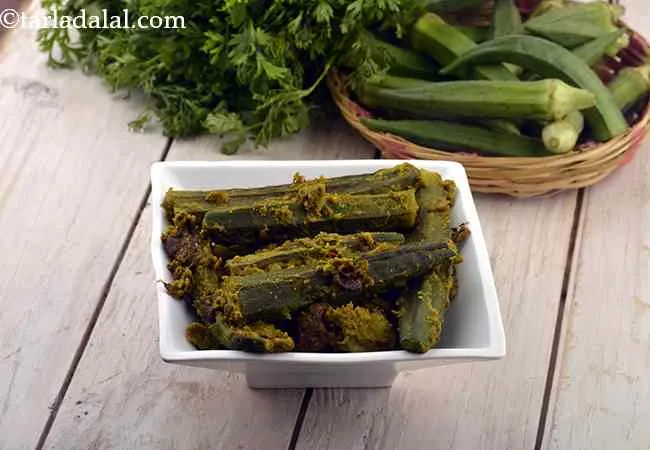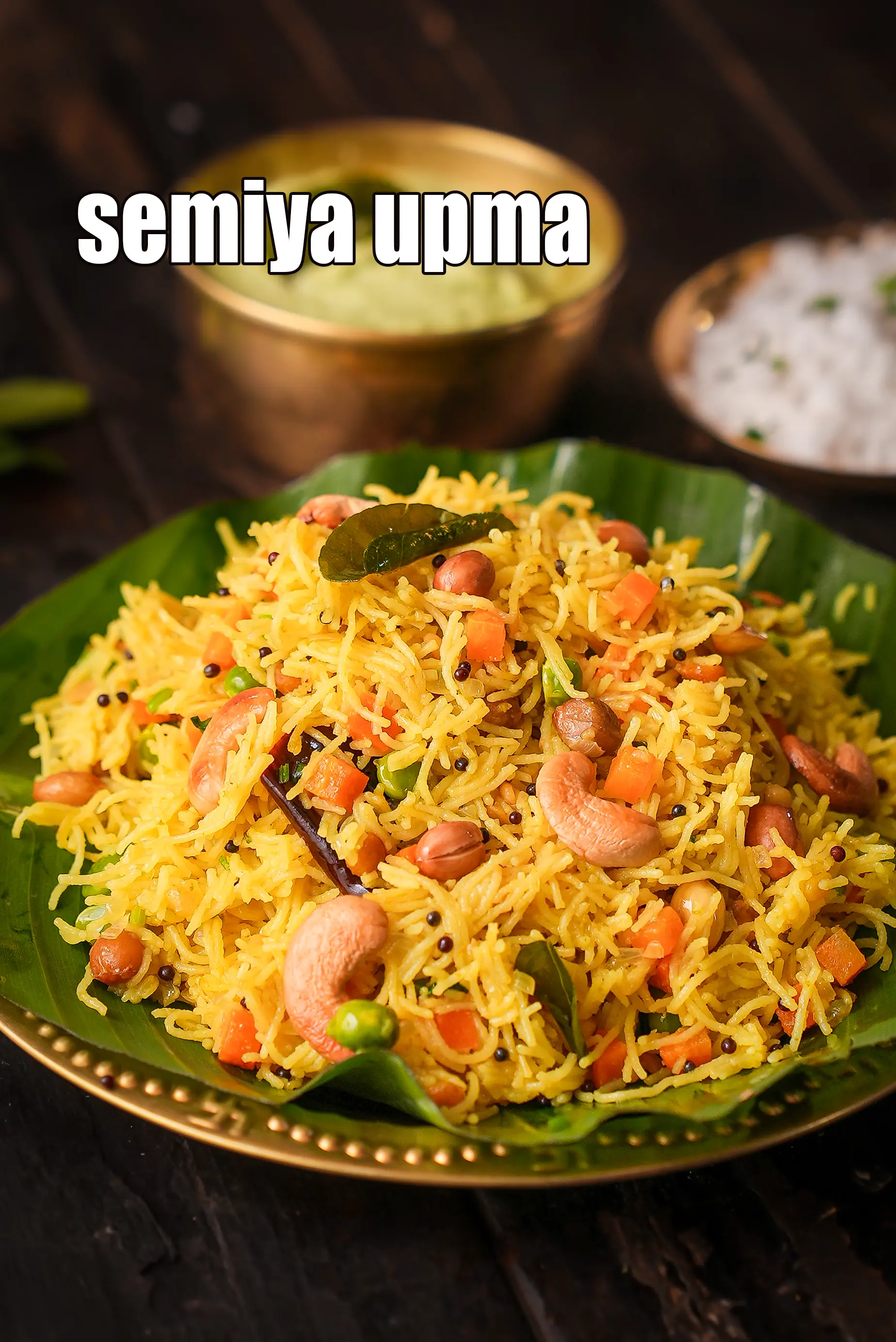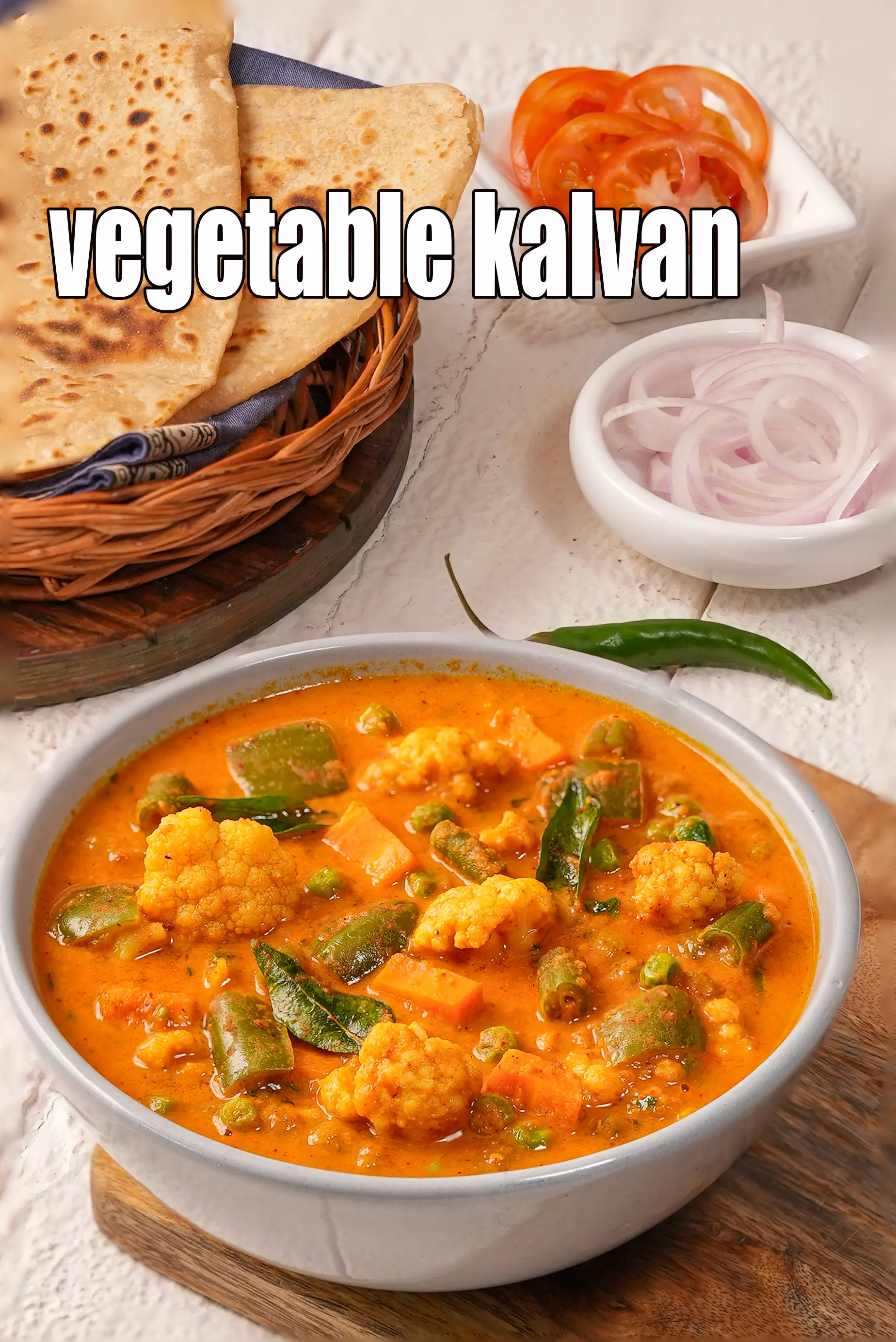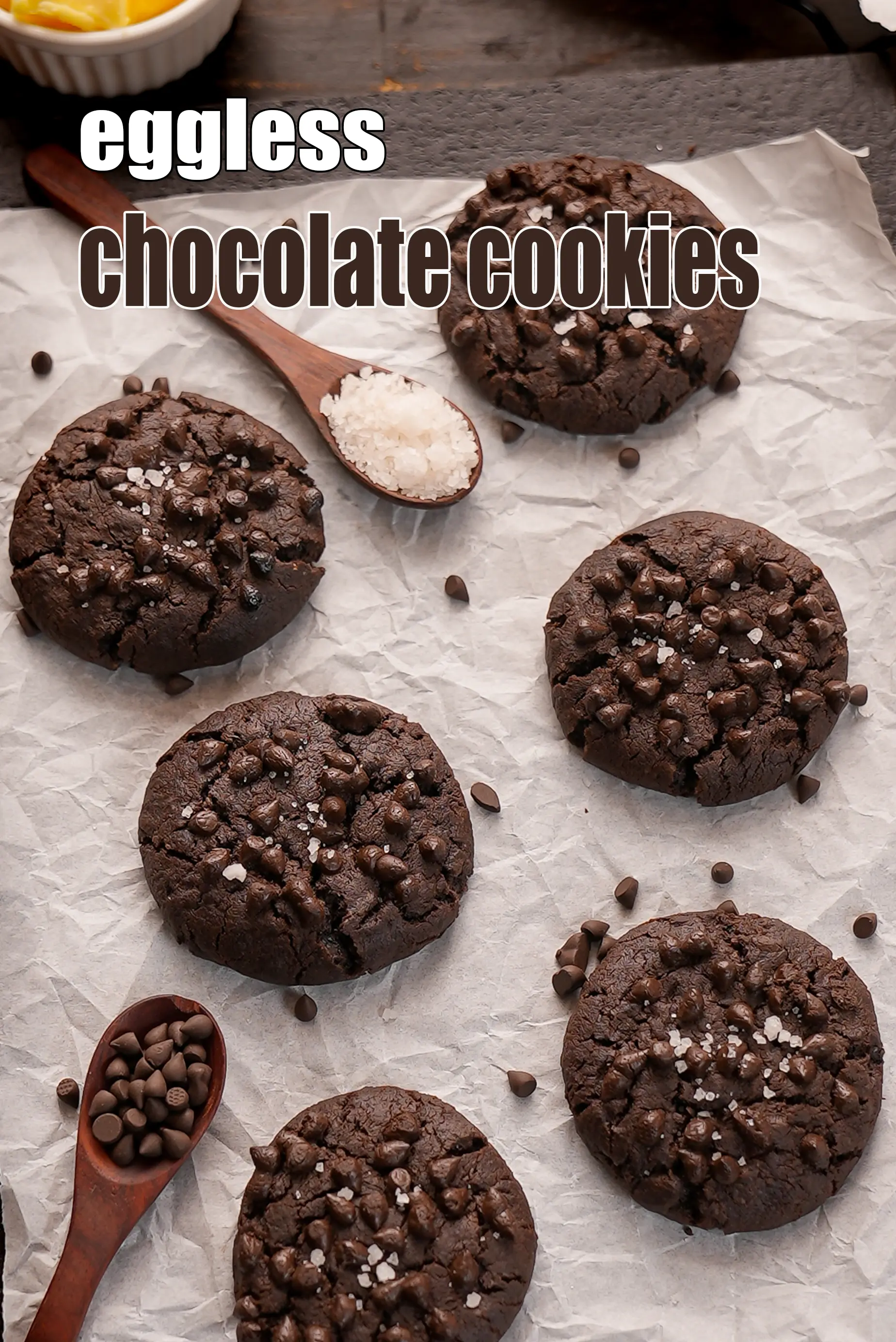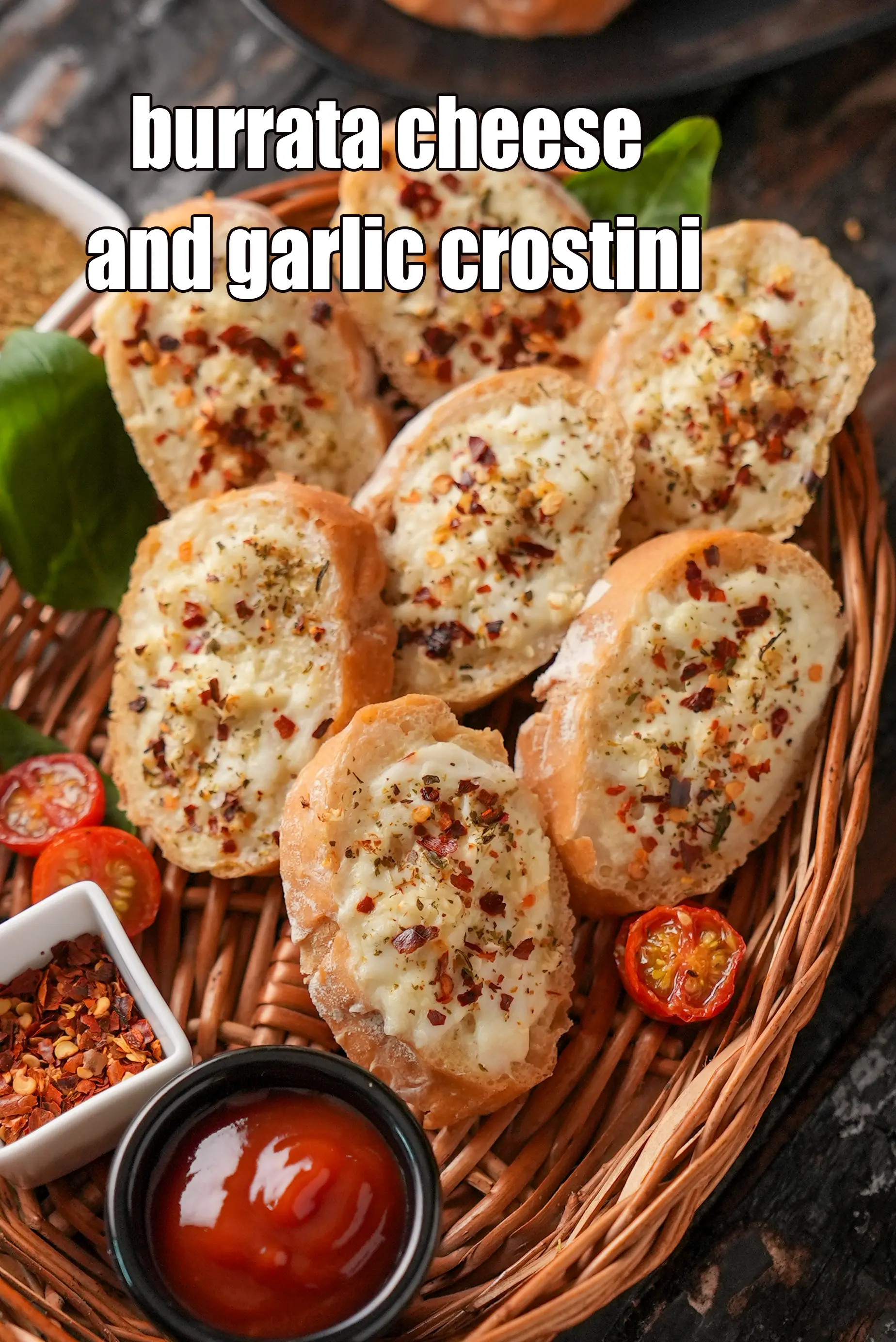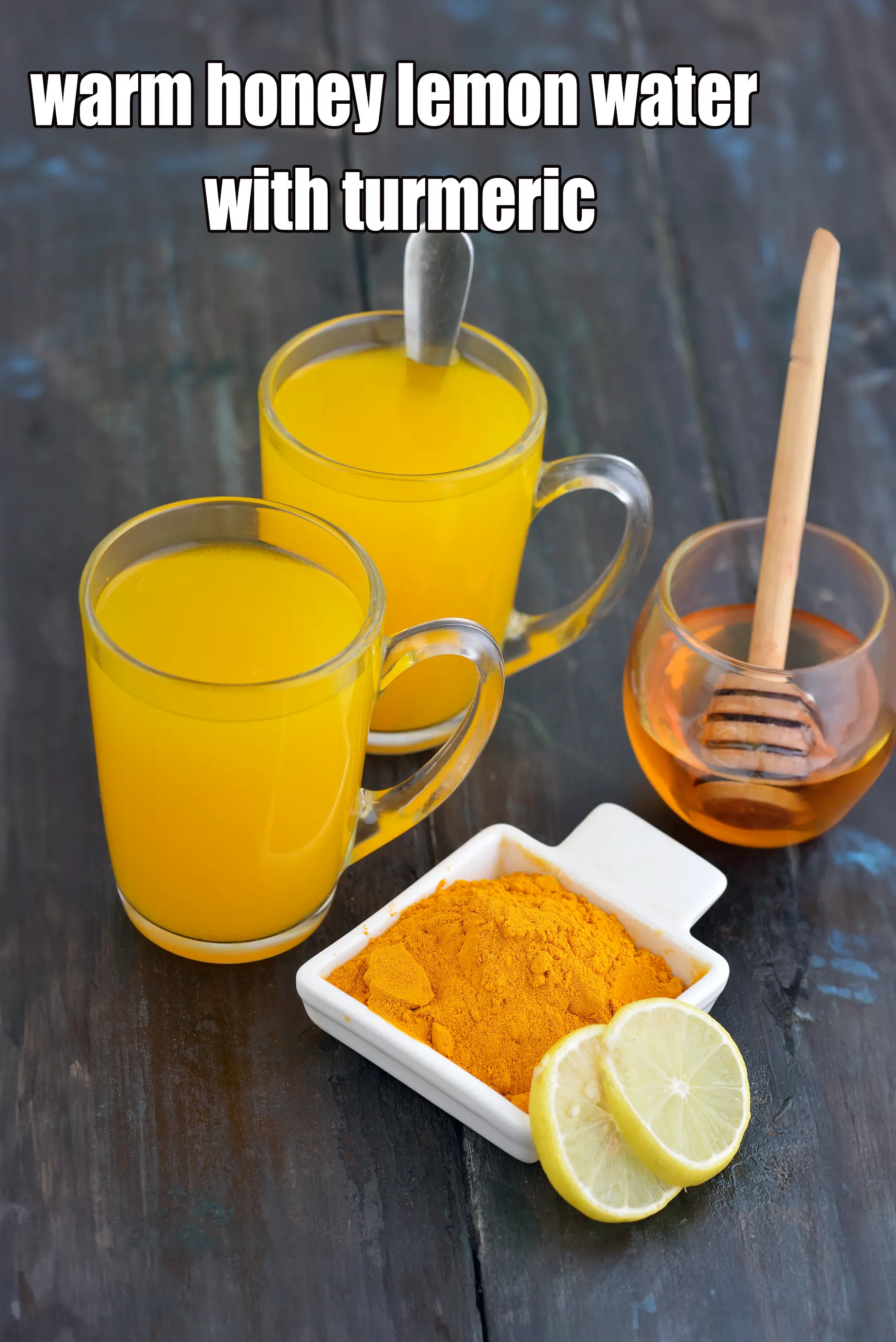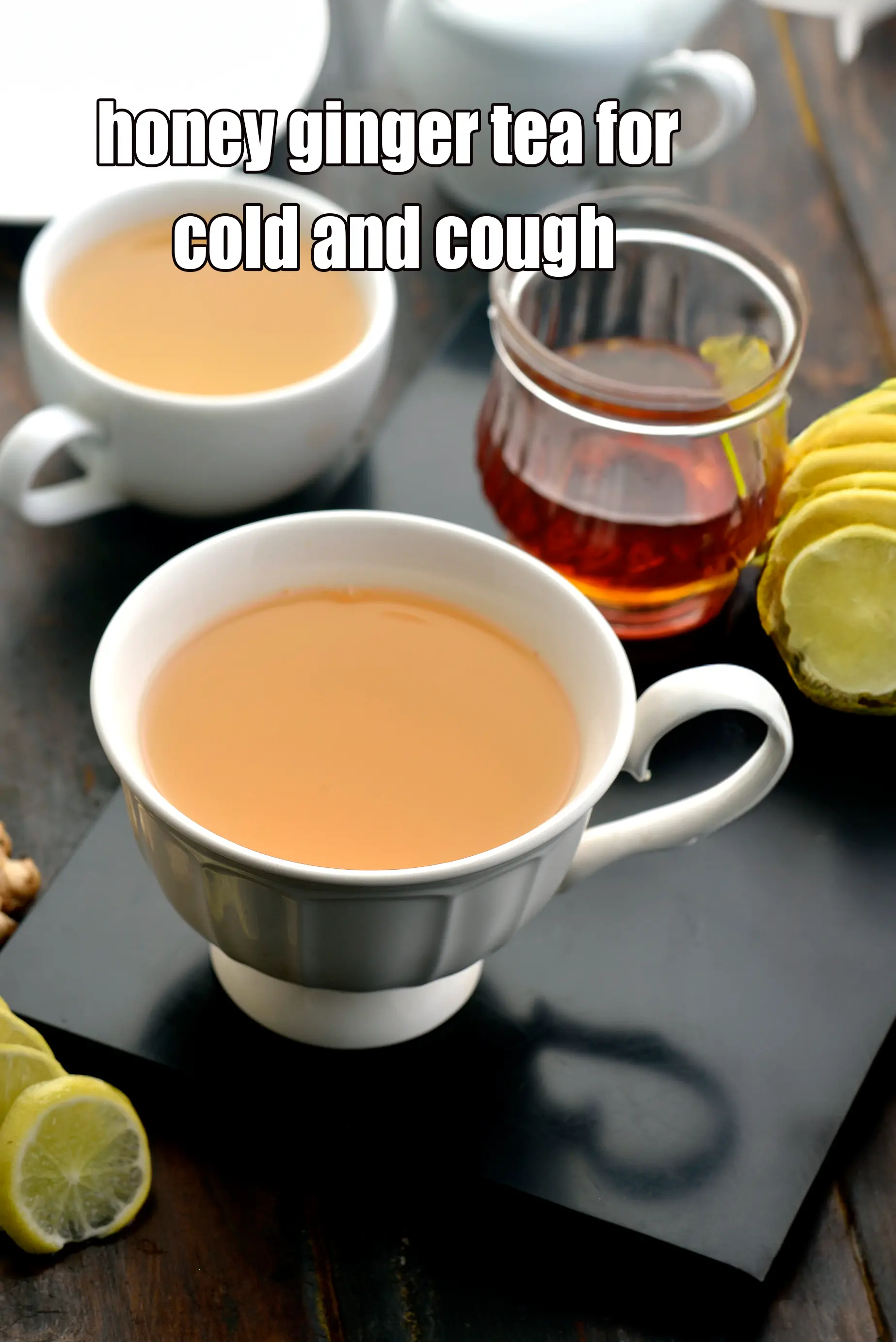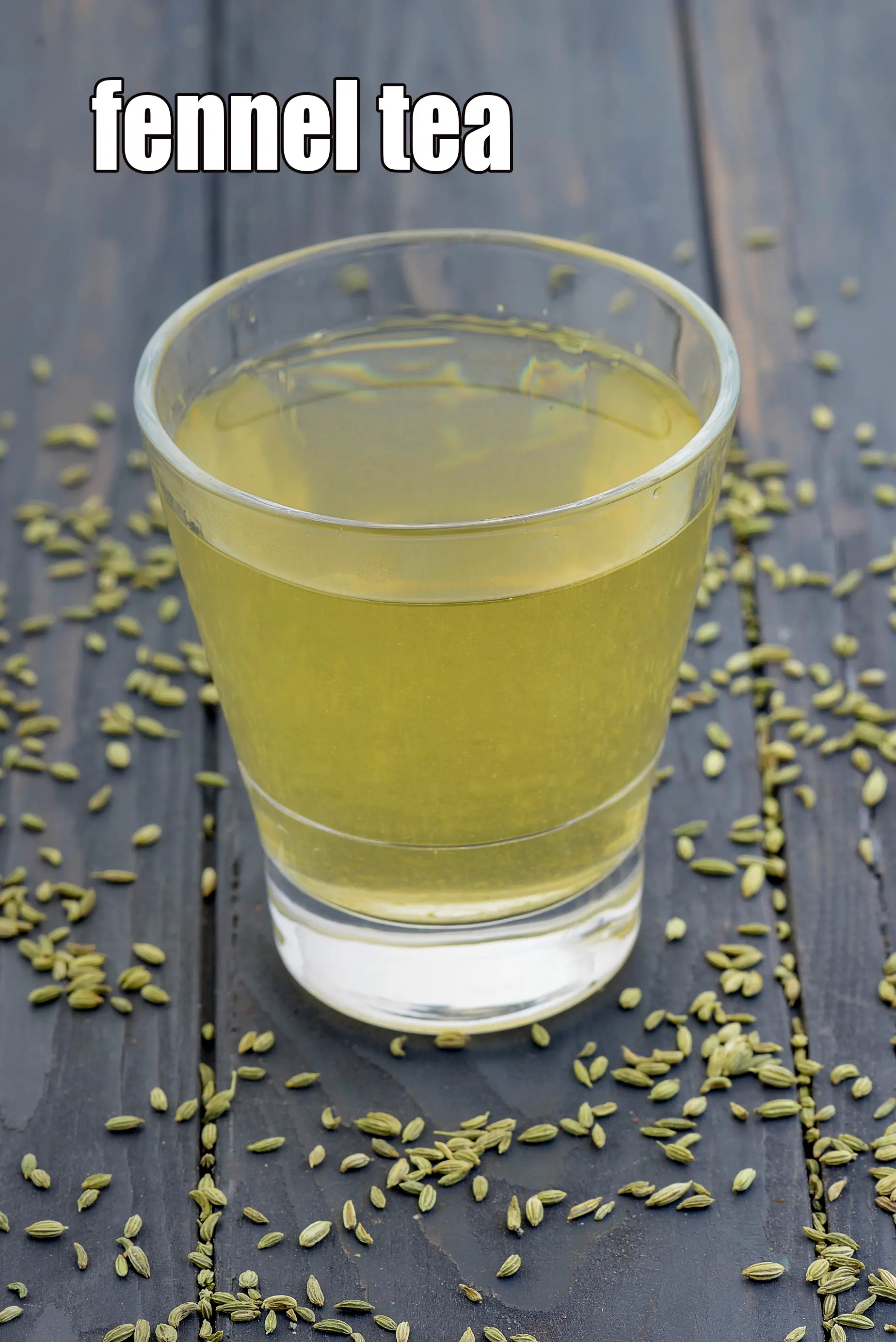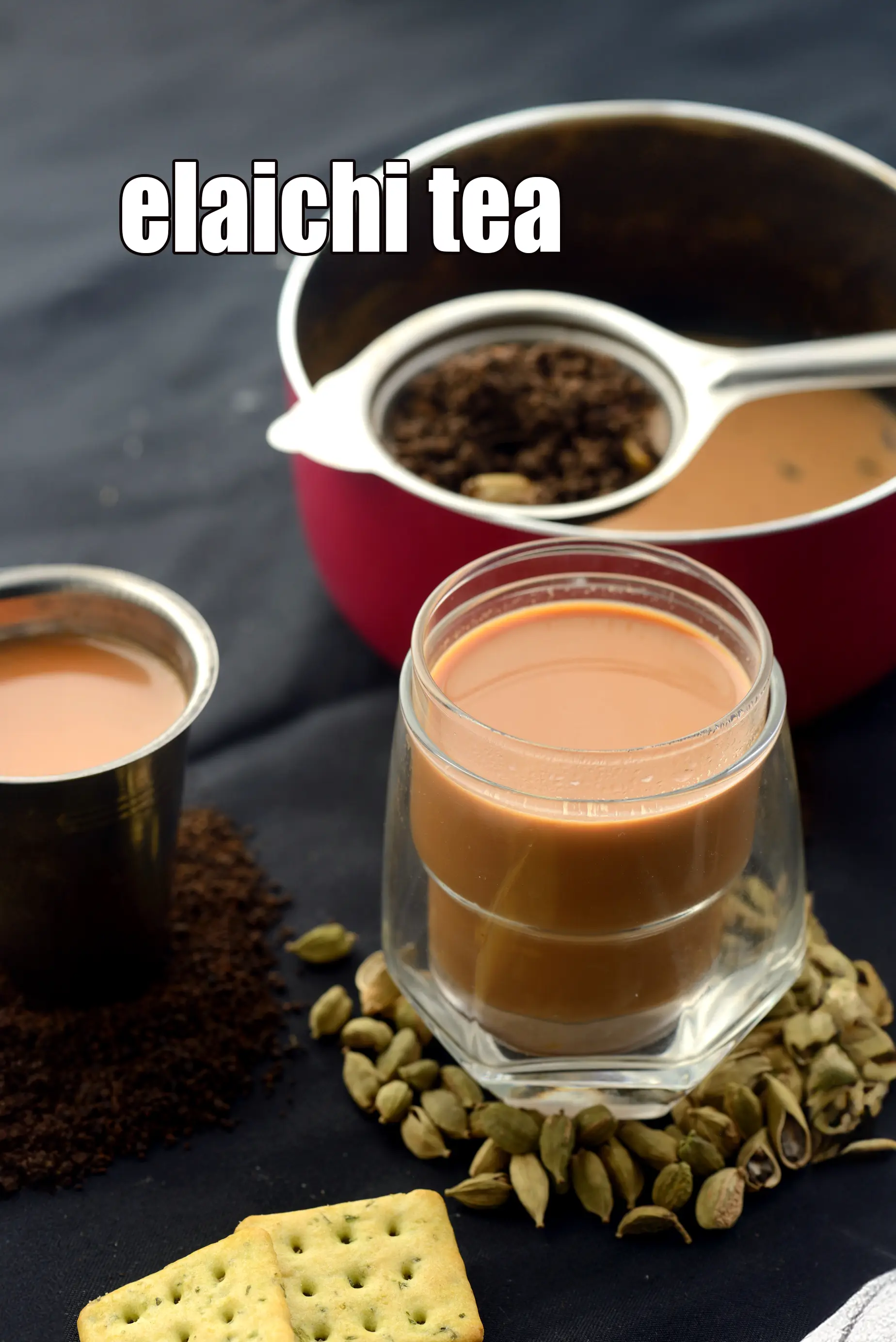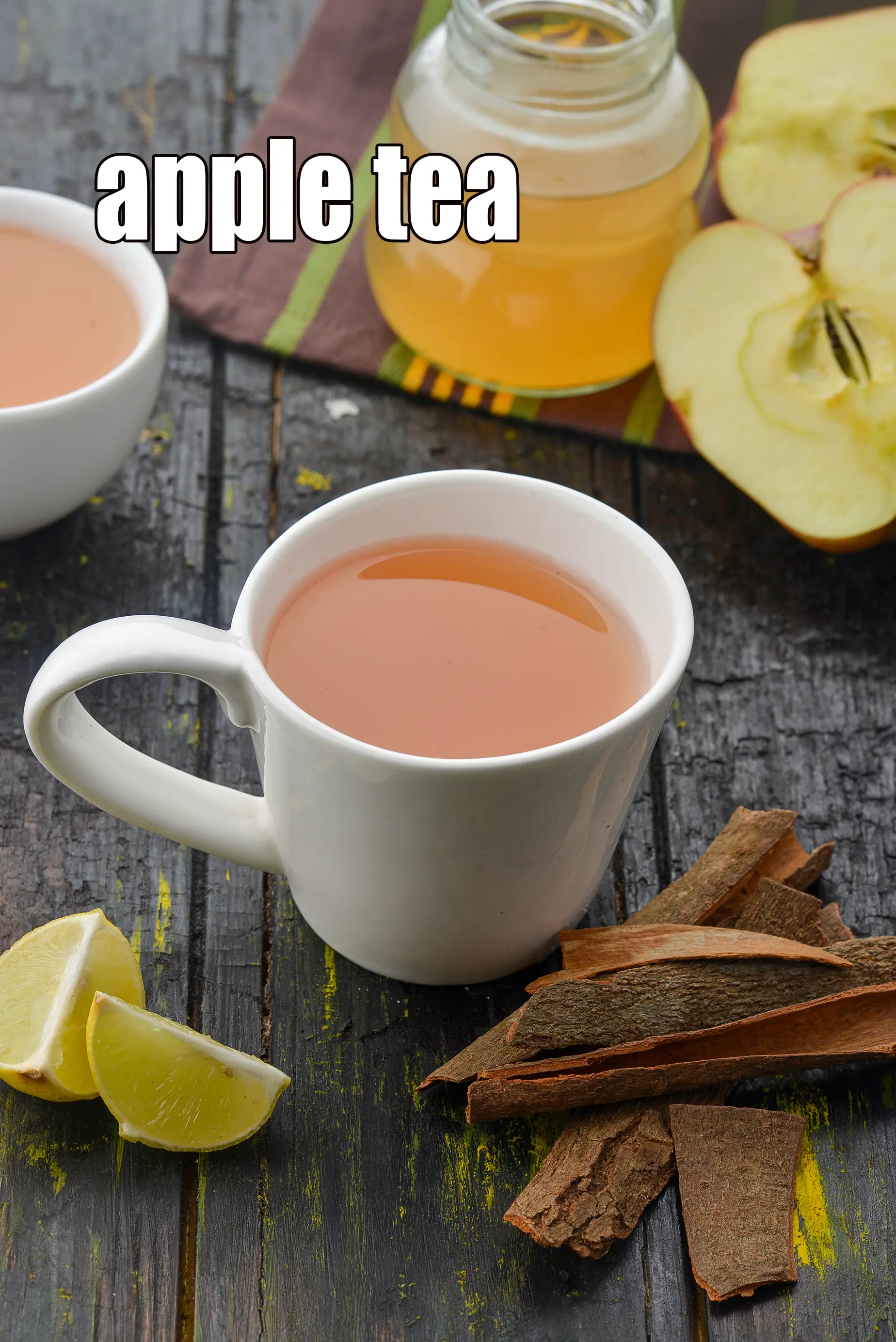Nutritional Facts of Aloo Gobi, Aloo Gobhi Recipe, Calories in Aloo Gobi, Aloo Gobhi Recipe
This calorie page has been viewed 68521 times
Table of Content
How many calories does one serving of Aloo Gobi have?
One serving (150 grams approx) of Aloo Gobi gives 208 calories. Out of which carbohydrates comprise 95 calories, proteins account for 12 calories and remaining calories come from fat which is 102 calories. One serving of Aloo Gobi provides about 10 percent of the total daily calorie requirement of a standard adult diet of 2,000 calories.
208 calories for 1 serving of Aloo Gobi, Aloo Gobhi Recipe, Carbohydrates 23.7g, Protein 3g, Fat 11.3g.
See Aloo Gobi recipe. An all time favourite combination, in an all time favourite form! potato and cauliflower feature in a traditional curry seasoned with typical Indian spices and spruced up with common ingredients like ginger, green chillies and garlic.
The magic of the garam masala and the dry mango powder is evident in Aloo gobi, as these spice powders really perk up the flavour of the subzi.
Punjabi Aloo Gobi is a dry Indian sabzi which is from Punjab, but is widely eaten in very part of India.
Aloo gobi is a quick and easy recipe even an amateur cook can’t go wrong with the recipe.
Is Aloo Gobi healthy?
No, this is not healthy. Let's see why.
Let's understand the Ingredients.
What's good.
Cauliflower (gobi) : Cauliflower is extremely low in carbs and therefore does not raise blood glucose levels. One cup Cauliflower provides you 100% off your daily recommended allowance of Vitamin C. Rich in Antioxidant. Being rich in Indoles, Cauliflower and other Cruciferous Vegetables like broccoli, kale, radish, brussel sprouts, red cabbage) maintain Estrogen balances which is crucial for women. Read here for detailed benefits of cauliflower.
What's the problem?
Potatoes (Aloo) : Potatoes being high in simple carbohydrates will lead to weight gain and are not good for people with diabetes, heart problem and obesity. Potatoes are recommended for malnourished children and people with low weight. See full details on why potatoes are bad for you.
Can diabetics, heart patients and over weight individuals have Aloo Gobi?
No, this recipe is not good for diabetics, heart and weight loss. Potatoes being high in simple carbohydrates will lead to weight gain and are not good for people with diabetes, heart problem and obesity.
What is a healthier sabzi option ?
Here are some very healthy sabzis like dahi bhindi ki sabzi recipe, mooli ki sabzi recipe, bhindi masala recipe.
Bhindi Masala
Can healthy individuals have Aloo Gobi ?
No, this is not healthy.
Aloo gobi dry is rich in below macronutrients, vitamins and minerals given in descending order (highest to lowest).
1. Vitamin C : Vitamin C is a great defence against coughs and colds. Have citrus fruits, lemons, vegetables ( capsicum, broccoli, cabbage). 118% of RDA.
2. Folic Acid (Vitamin B9): Folic acid is an essential vitamin required throughout pregnancy. Folic acid rich Indian foods (kabuli chana, chana dal, yellow moong dal, urad dal, tooval dal, til ) 24% of RDA.
3. Fiber : Dietary fiber reduce the risk of heart disease, prevent the spike in blood sugar levels and hence super for diabetics. Consume more fruits, vegetables, moong, oats, matki, whole grains. 15% of RDA.
4. Vitamin B3, Niacin Rich Recipes : Vitamin B3 helps in brain functioning and mental health. Also healthy skin formation. 14% of RDA.
5. Phosphorus : Phosphorous works closely with calcium to build bones. 12% of RDA.
Note : a recipe is deemed high in a Vitamin or mineral if it meets 20% and above the recommended daily allowance based on a 2,000 calorie diet.
How to burn 208 calories that come from Aloo Gobi?
Walking (6 kmph) = 1hr 2 mins
Running (11 kmph) = 21 mins
Cycling (30 kmph) = 28 mins
Swimming (2 kmph) = 36 mins
Note: These values are approximate and calorie burning differs in each individual.
| Energy | 208 cal |
| Protein | 3 g |
| Carbohydrates | 23.7 g |
| Fiber | 3.7 g |
| Fat | 11.3 g |
| Cholesterol | 0 mg |
| Vitamin A | 138.4 mcg |
| Vitamin B1 | 0.1 mg |
| Vitamin B2 | 0.1 mg |
| Vitamin B3 | 1.7 mg |
| Vitamin C | 47.3 mg |
| Folic Acid | 47.8 mcg |
| Calcium | 27.8 mg |
| Iron | 1.1 mg |
| Magnesium | 38.5 mg |
| Phosphorus | 69.6 mg |
| Sodium | 39.9 mg |
| Potassium | 311.2 mg |
| Zinc | 0.7 mg |
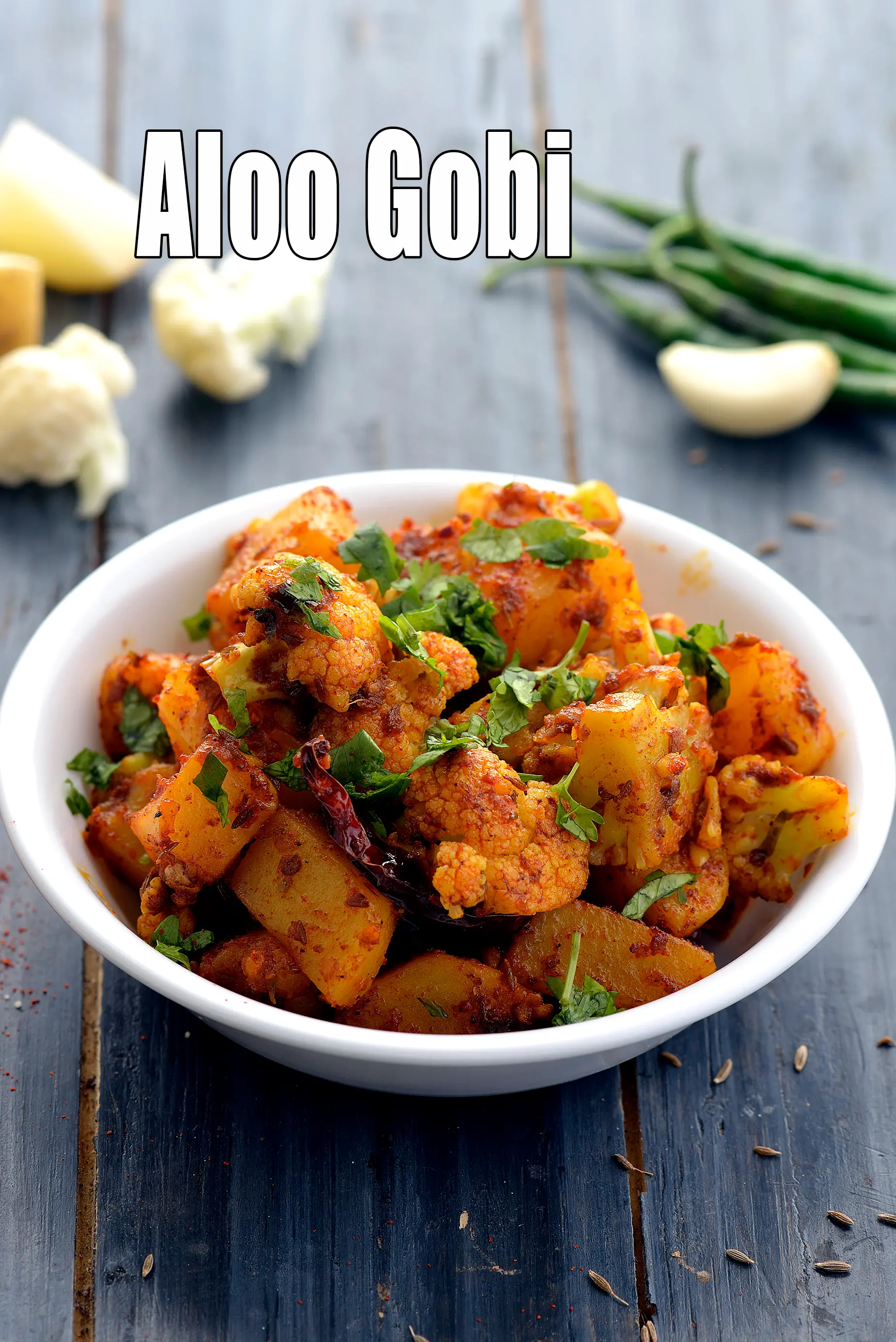
Click here to view Aloo Gobi, Aloo Gobhi Recipe
Calories in other related recipes
